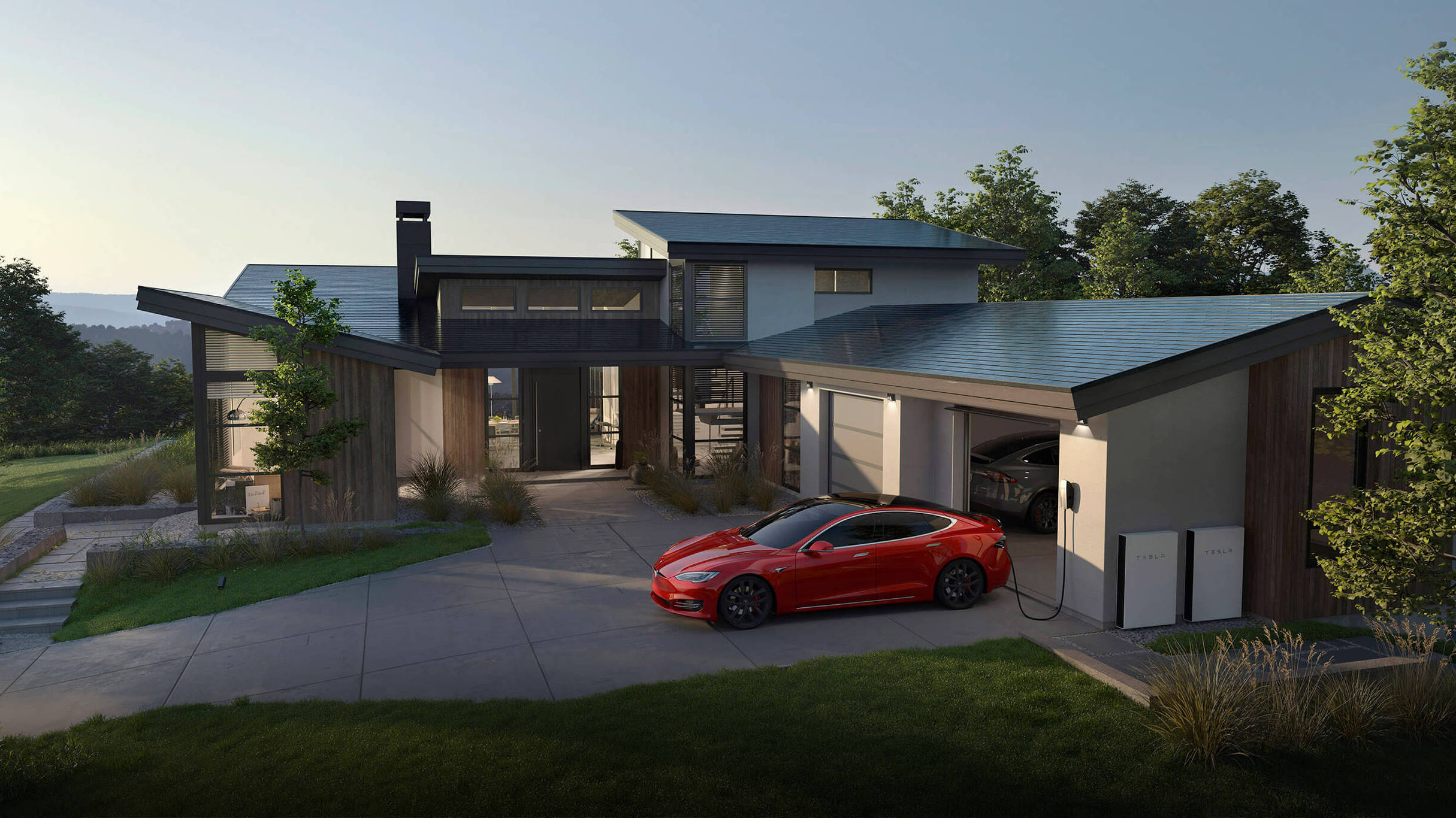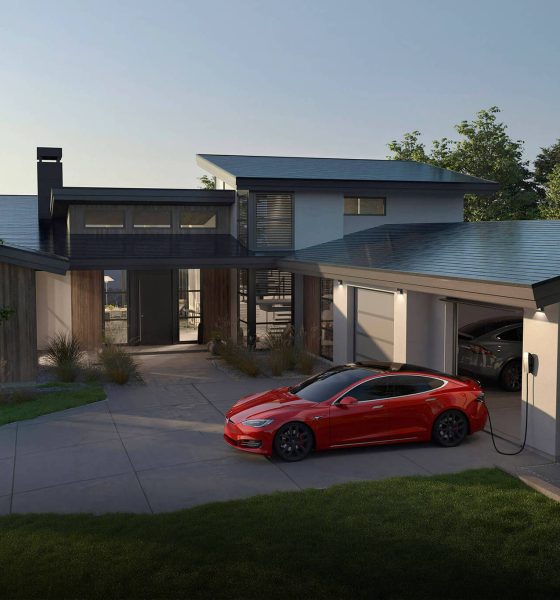Tesla has released new details that outline its policy for the Removal and Reinstallation of its solar panels on its website.
“Removal & Reinstallation (R&R) is the process of temporarily removing solar panels or the entire system from your home and reinstalling them after reroofing, remodeling, or relocation,” Tesla said on its website. Whether a Tesla Solar owner is having their roof reshingled, their entire home remodeled, or is relocating to a new home in another area, the company has specific processes for each of these scenarios.
There are three types of R&R: Roof Work (No Remodel), Home Remodel, and Relocation.
Tesla describes each:
Roof Work (No Remodel): This is the most common type of R&R, for which either part or all of your solar system must be removed before you can repair or reroof your home. With this R&R, your roof line remains the same, and we will reinstall your system where it was originally installed.
Home Remodel: For this type of R&R, we will remove your solar system before you remodel your home and reinstall it once you’re done. When remodeling your home, especially if there are additions or changes to your roof line, there are additional steps and time constraints to consider. Reinstallation may require permits and design changes to your system.
Relocation: For this type of R&R, you are moving and request that we remove your solar system from your current home to reinstall it at your new home.
To get the process going, the owner starts by initiating an R&R Request, Tesla says. Solar owners will submit this request and usually receive a response from Tesla within two days. Then, Tesla sends a Home Improvement Agreement that will then allow the owner to schedule an R&R date. Tesla will then remove the solar panels, and once the roof is replaced, the home is remodeled, or the owner moves into the new house, Tesla will reinstall the panels.
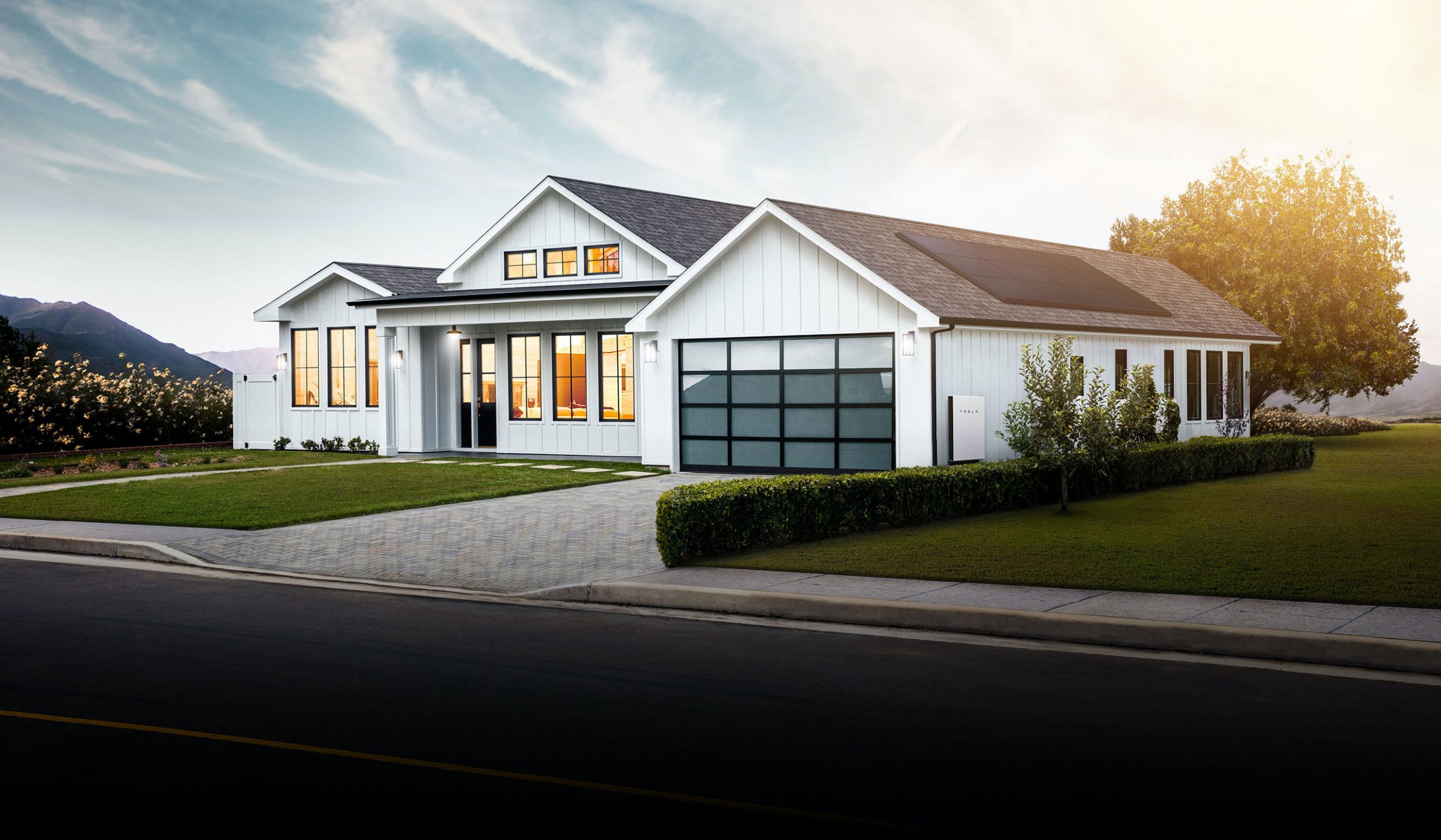
Tesla Solar Panels (Credit: Tesla)
Tesla says there are three types of Home Improvement Agreements: Standard R&R, Custom R&R, and Additional Equipment.
Standard R&R: You have requested that we temporarily remove part or all of your solar energy system so that you can complete typical roof work. Your roof lines are not changing. Please see your energy contract for pricing. Contracts citing “competitive pricing” will be calculated considering the scope of work.
Custom R&R: You have requested that we temporarily remove part or all of your solar energy system so that you can complete work such as changing roof lines, remodeling your home, or moving and relocating the system to your new home. Our Transfer team will review the scope of work to determine if a layout revision is required before the HIA is sent to you to review and sign.
Additional Equipment: You have requested the installation of equipment that was not part of the original solar contract, including pest abatement, snow mitigation clips, rapid shutdown equipment, cellular gateway, and more. Note: This does not apply for requests to increase your system size or production output.
Tesla also outlines that there are specific roof types that vary depending on the state the solar owner lives in. “If you are considering changing your roof type, the new roof type must be eligible for solar panel installation. We currently install on the following roof types per state,” Tesla said.
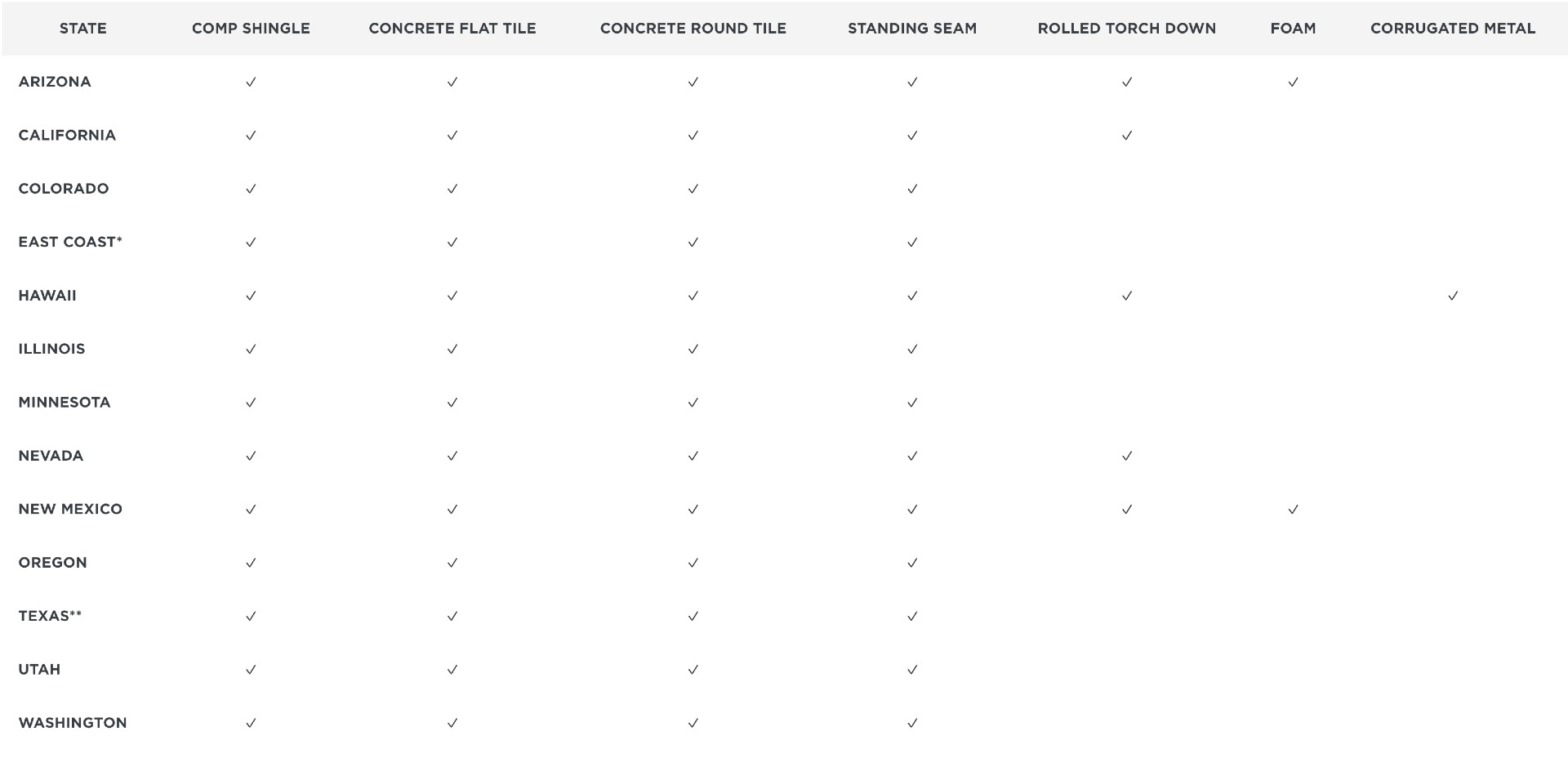
Credit: Tesla
East Coast states include Connecticut, Washington D.C., Delaware, Florida, Maryland, New Hampshire, New Jersey, New York, Pennsylvania, Rhode Island, South Carolina, and Vermont.
Additionally, there are requirements for roof pitches. Tesla says, “Roof pitch affects solar energy production as related to the solar panels’ orientation to the sun. Optimal solar energy production occurs when sunlight hits the solar panels at a right angle.”
Credit: Tesla
Tesla is coming off of its strongest quarter for Solar in the last two-and-a-half years. The company wrote in its Q1 2021 Shareholder Deck that Solar deployments reached 92 MW in Q1. Solar Roof deployments grew nine times compared to Q1 2020.
What do you think? Let us know in the comments below, or be sure to email me at joey@teslarati.com or on Twitter @KlenderJoey.

Energy
Tesla Powerwall distribution expands in Australia
Inventory is expected to arrive in late February and official sales are expected to start mid-March 2026.
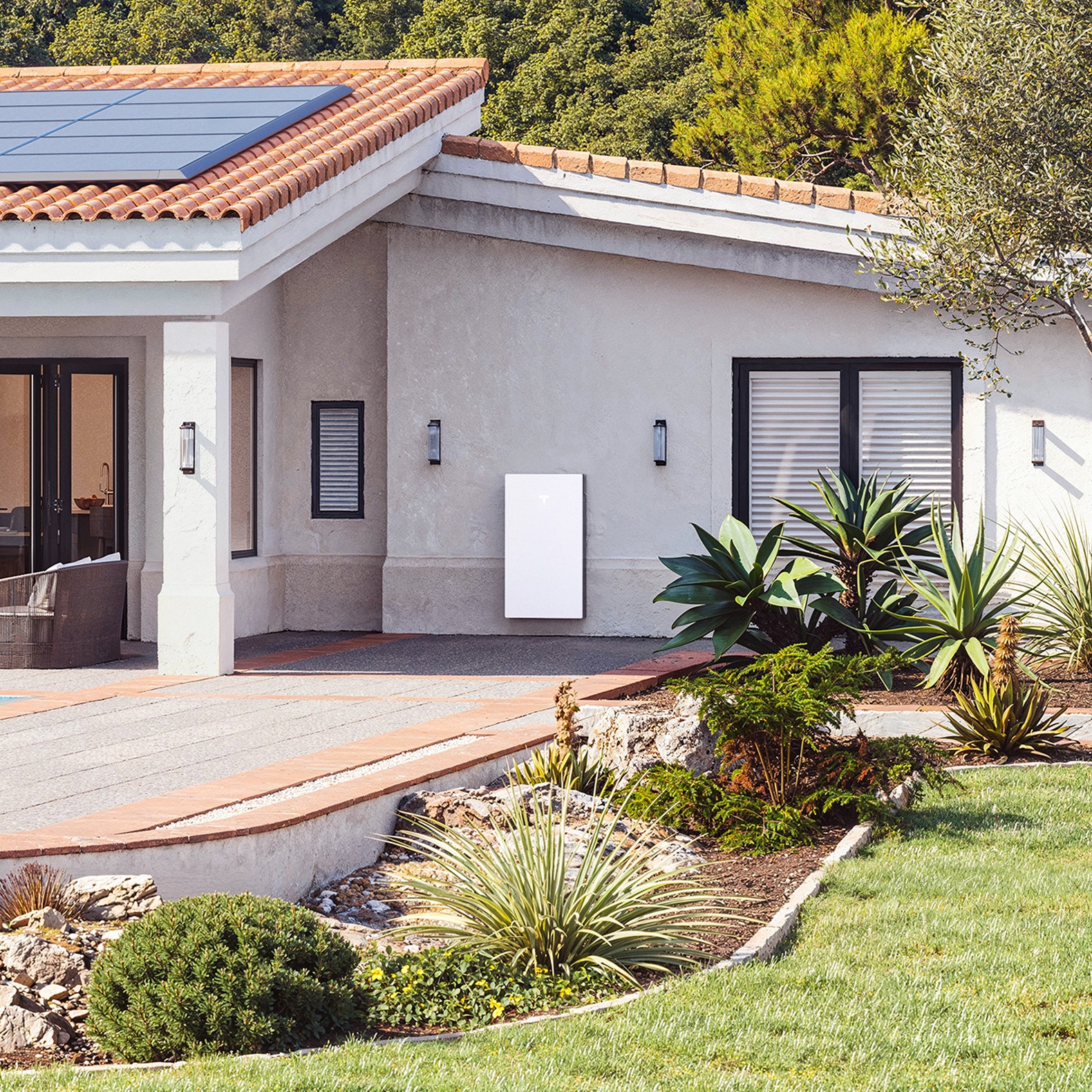
Supply Partners Group has secured a distribution agreement for the Tesla Powerwall in Australia, with inventory expected to arrive in late February and official sales beginning in mid-March 2026.
Under the new agreement, Supply Partners will distribute Tesla Powerwall units and related accessories across its national footprint, as noted in an ecogeneration report. The company said the addition strengthens its position as a distributor focused on premium, established brands.
“We are proud to officially welcome Tesla Powerwall into the Supply Partners portfolio,” Lliam Ricketts, Co-Founder and Director of Innovation at Supply Partners Group, stated.
“Tesla sets a high bar, and we’ve worked hard to earn the opportunity to represent a brand that customers actively ask for. This partnership reflects the strength of our logistics, technical services and customer experience, and it’s a win for installers who want premium options they can trust.”
Supply Partners noted that initial Tesla Powerwall stock will be warehoused locally before full commercial rollout in March. The distributor stated that the timing aligns with renewed growth momentum for the Powerwall, supported by competitive installer pricing, consumer rebates, and continued product and software updates.
“Powerwall is already a category-defining product, and what’s ahead makes it even more compelling,” Ricketts stated. “As pricing sharpens and capability expands, we see a clear runway for installers to confidently spec Powerwall for premium residential installs, backed by Supply Partners’ national distribution footprint and service model.”
Supply Partners noted that a joint go-to-market launch is planned, including Tesla-led training for its sales and technical teams to support installers during the home battery system’s domestic rollout.
Energy
Tesla Megapack Megafactory in Texas advances with major property sale
Stream Realty Partners announced the sale of Buildings 9 and 10 at the Empire West industrial park, which total 1,655,523 square feet.
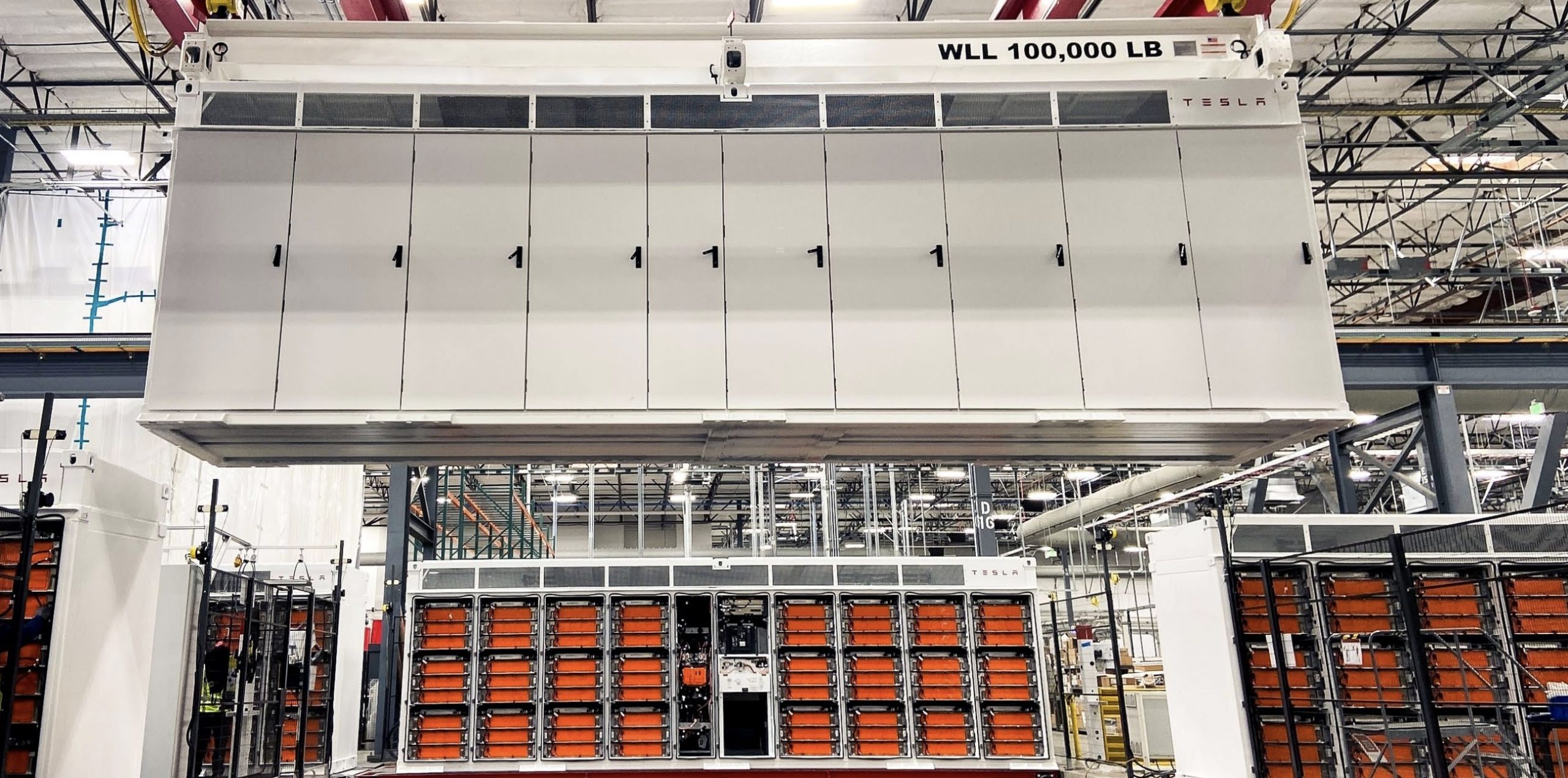
Tesla’s planned Megapack factory in Brookshire, Texas has taken a significant step forward, as two massive industrial buildings fully leased to the company were sold to an institutional investor.
In a press release, Stream Realty Partners announced the sale of Buildings 9 and 10 at the Empire West industrial park, which total 1,655,523 square feet. The properties are 100% leased to Tesla under a long-term agreement and were acquired by BGO on behalf of an institutional investor.
The two facilities, located at 100 Empire Boulevard in Brookshire, Texas, will serve as Tesla’s new Megafactory dedicated to manufacturing Megapack battery systems.
According to local filings previously reported, Tesla plans to invest nearly $200 million into the site. The investment includes approximately $44 million in facility upgrades such as electrical, utility, and HVAC improvements, along with roughly $150 million in manufacturing equipment.
Building 9, spanning roughly 1 million square feet, will function as the primary manufacturing floor where Megapacks are assembled. Building 10, covering approximately 600,000 square feet, will be dedicated to warehousing and logistics operations, supporting storage and distribution of completed battery systems.
Waller County Commissioners have approved a 10-year tax abatement agreement with Tesla, offering up to a 60% property-tax reduction if the company meets hiring and investment targets. Tesla has committed to employing at least 375 people by the end of 2026, increasing to 1,500 by the end of 2028, as noted in an Austin County News Online report.
The Brookshire Megafactory will complement Tesla’s Lathrop Megafactory in California and expand U.S. production capacity for the utility-scale energy storage unit. Megapacks are designed to support grid stabilization and renewable-energy integration, a segment that has become one of Tesla’s fastest-growing businesses.
Energy
Tesla meets Giga New York’s Buffalo job target amid political pressures
Giga New York reported more than 3,460 statewide jobs at the end of 2025, meeting the benchmark tied to its dollar-a-year lease.
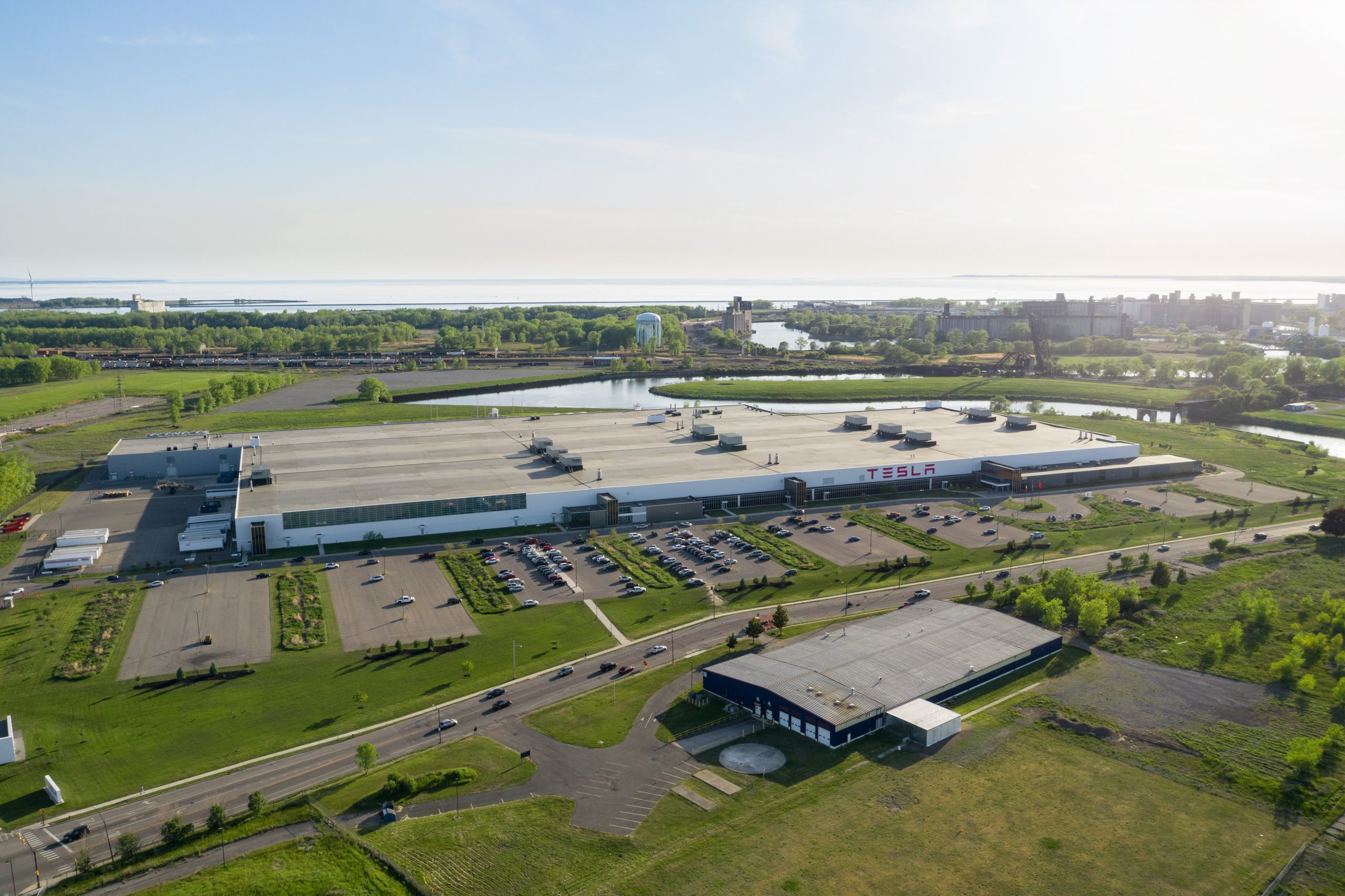
Tesla has surpassed its job commitments at Giga New York in Buffalo, easing pressure from lawmakers who threatened the company with fines, subsidy clawbacks, and dealership license revocations last year.
The company reported more than 3,460 statewide jobs at the end of 2025, meeting the benchmark tied to its dollar-a-year lease at the state-built facility.
As per an employment report reviewed by local media, Tesla employed 2,399 full-time workers at Gigafactory New York and 1,060 additional employees across the state at the end of 2025. Part-time roles pushed the total headcount of Tesla’s New York staff above the 3,460-job target.
The gains stemmed in part from a new Long Island service center, a Buffalo warehouse, and additional showrooms in White Plains and Staten Island. Tesla also said it has invested $350 million in supercomputing infrastructure at the site and has begun manufacturing solar panels.
Empire State Development CEO Hope Knight said the agency was “very happy” with Giga New York’s progress, as noted in a WXXI report. The current lease runs through 2029, and negotiations over updated terms have included potential adjustments to job requirements and future rent payments.
Some lawmakers remain skeptical, however. Assemblymember Pat Burke questioned whether the reported job figures have been fully verified. State Sen. Patricia Fahy has also continued to sponsor legislation that would revoke Tesla’s company-owned dealership licenses in New York. John Kaehny of Reinvent Albany has argued that the project has not delivered the manufacturing impact originally promised as well.
Knight, for her part, maintained that Empire State Development has been making the best of a difficult situation.
“(Empire State Development) has tried to make the best of a very difficult situation. There hasn’t been another use that has come forward that would replace this one, and so to the extent that we’re in this place, the fact that 2,000 families at (Giga New York) are being supported through the activity of this employer. It’s the best that we can have happen,” the CEO noted.
